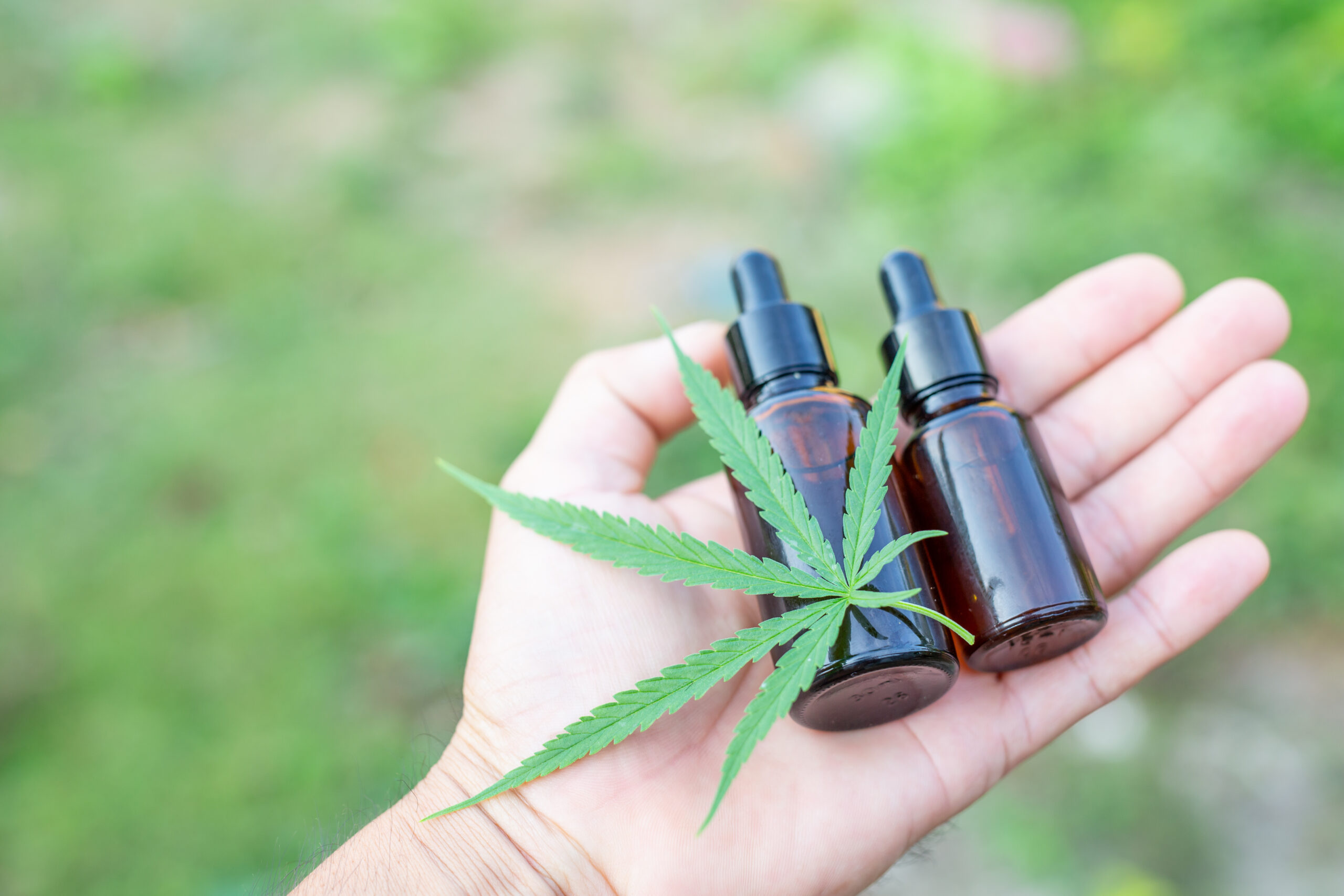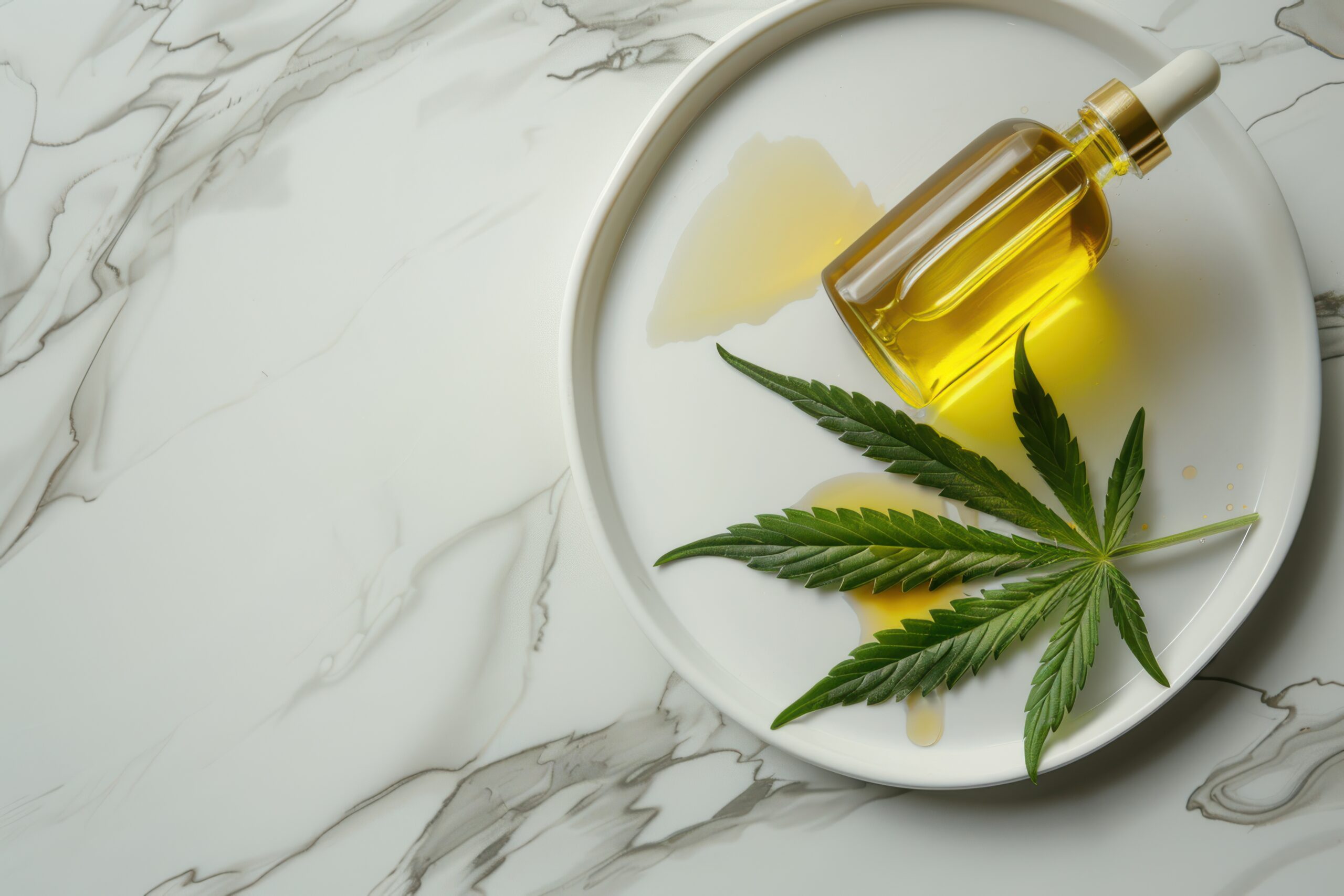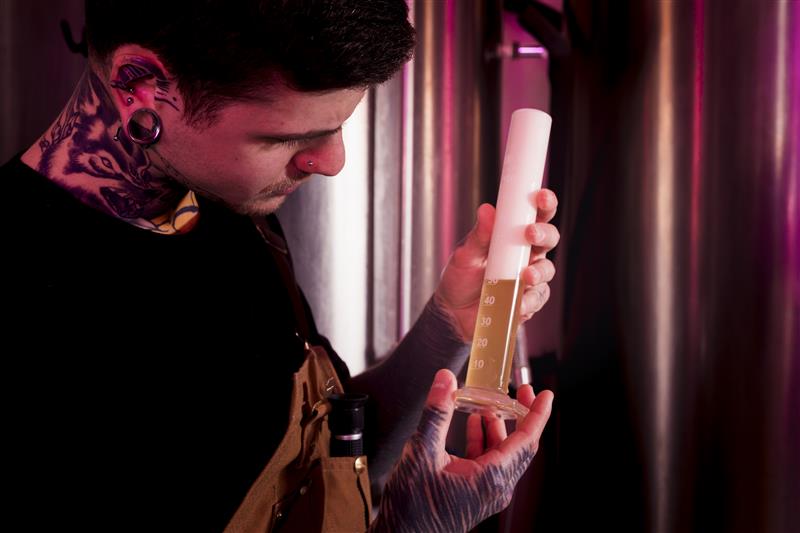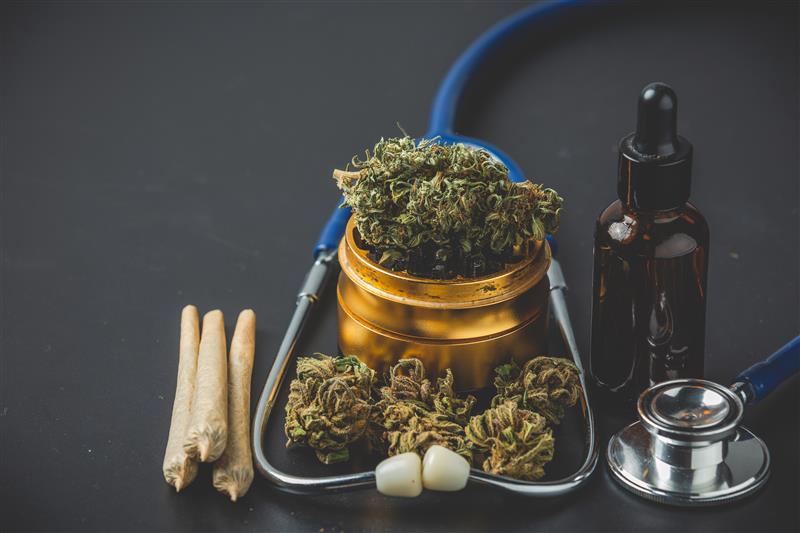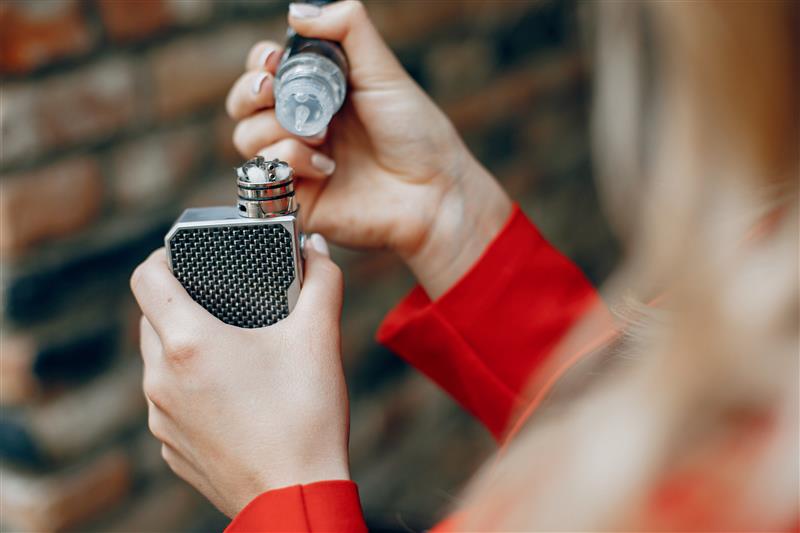
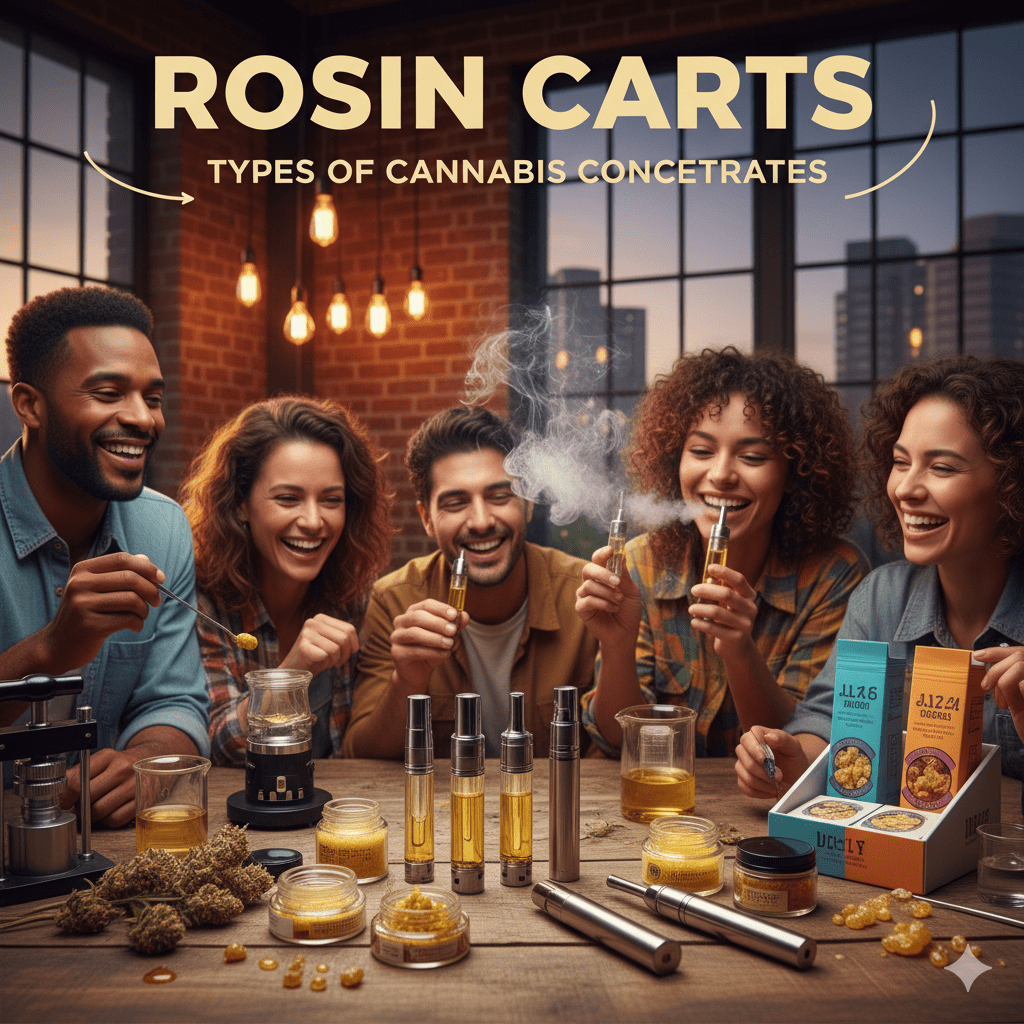
What Are the Different Types of Cannabis Concentrates
There’s a calm beauty in the way cannabis changes form, from green flowers to golden oils. Many people hear about concentrates but don’t fully understand them. They’re not just stronger versions of the plant, but carefully made extracts that hold its essence.
The different types of cannabis concentrates each tell a small story about craft and science. They show how far cannabis making has come. This piece walks through those forms with a quiet look at how Greenmount, LLC creates them.
About Greenmount, LLC and Its Craft
Greenmount, LLC was founded in 2017 by three members: Thair Daoud, Zaid Jadan, and Steven Daoud. The company belongs to California’s cannabis Type 7 Manufacturing sector, known for its highest level of extraction skill and safety control.
Type 7 is a license for working with volatile solvents such as propane, butane, or ethanol. It allows experts to draw out the rich oils from the plant with careful equipment and exact heat control. Because of the risks, such facilities are built like scientific labs, sealed systems, with certified engineers, and very strict fire codes.
Understanding Cannabis Concentrates
A cannabis concentrate is simply the concentrated form of active compounds like cannabinoids and terpenes. By removing most plant matter, you get a thick oil, wax, or crystal-like result that carries stronger effects and flavors.
Some are made with solvents, while others are made only with pressure or heat. Each type has its own story and purpose. It’s not about which one is better, but which one suits your taste and comfort.
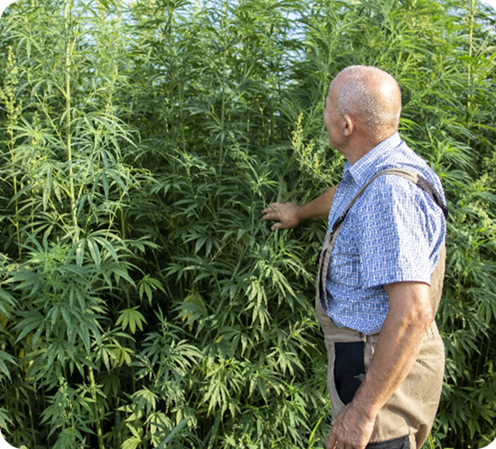
Main Types of Cannabis Concentrates
The different types of cannabis concentrates often depend on the method of extraction, post-processing, and temperature. Here’s how some stand out.
Live Resin
Live resin is made from fresh-frozen cannabis flower. This keeps more terpenes (the aroma compounds) than dried material. It’s extracted using butane or propane and later purified. The result is a thick, glossy oil rich in smell and taste. Live resin gives a bright hit, like the plant just came off the field.
Rosin
Rosin is unique because it doesn’t use solvents at all. It’s pressed with heat and pressure from the flower or hash. This gives a pure sap with very little processing. Rosin is usually used in rosin carts, which are small vape cartridges containing this solventless extract. Many users who prefer clean and simple products choose these carts.
Badder
Badder is a whipped form of concentrate made usually from hydrocarbon extraction. After the initial purging process, it’s whipped into a soft, creamy texture, almost like cake batter. It holds a smooth profile, rich in both potency and taste. Greenmount makes small-batch badder that keeps terpenes bright. This wax-like form is perfect for dabbing or adding to a joint.
How Greenmount Works
Greenmount’s Type 7 license allows multiple processes under one roof. Each method needs safety equipment, trained employees, and record tracking through California’s METRC system.
Their main production steps flow like this:
- Preparing raw material: Using fresh-frozen flowers for live resin and premium hash for rosin.
- Extraction: Hydrocarbon extraction for resin and pressure pressing for rosin.
- Post-processing: Purging, whipping, or distilling to form badder, carts, or other textures.
- Filling and packaging: Precise dosing into cartridges or jars.
Comparison of Key Concentrates
| Product Type | Extraction Method | Texture | Best Known For | Solvent Use | Common Usage |
| Live Resin | Butane/Propane | Sticky oil | Full flavor and aroma | Yes | Vape carts, dabs |
| Rosin | Heat and Pressure | Sap/solid | Solvent-free purity | No | Rosin carts, dabs |
| Distillate | Distillation | Clear oil | High potency | Yes | Vape carts, edibles |
| Badder | Hydrocarbon + Whipping | Creamy wax | Smooth texture, aroma | Yes | Dabs, joints |
This simple difference table shows what sets each apart. It also hints at how each product meets a different kind of user need, flavor, potency, or purity.
A Closer Look at Live Resin and Rosin Carts
Live resin carts are quite popular in California. Because of the hydrocarbon process, they carry a scent like opening a jar of fresh flowers. They capture terpenes better than most other extracts. At Greenmount, each small batch of live resin is refined with care to balance consistency and natural aroma.
Rosin carts, on the other hand, cater to those who want solventless purity. These are pressed under high pressure without chemicals. They cost more but hold a fresh, untouched character. Greenmount’s rosin bars come from select plants, chosen for their terpene output. This makes each press unique, almost like a fingerprint.
About Badder and Its Character
Badder has a quiet charm of its own. Its name comes from how it looks: thick, whipped, slightly airy. The process involves purging out the remaining solvent, then whipping the material till it gains that velvety look.
Because it keeps a good portion of terpenes, the scent is strong yet soft. It can be used in many ways, dab rigs, vapor devices, or mixed with flower. Greenmount’s small-batch badder is made with temperature care, so the texture never feels burnt or heavy. Many describe it as something between savor and effect, holding both smooth taste and clear potency.
Why Small-Batch Still Matters
Large operations often aim for speed and uniformity. Greenmount took the opposite route, smaller runs, closer eyes. Each batch can be adjusted for its terpene blend, moisture, and finishing time.
This approach gives flexibility for limited edition drops and custom blends for retail partners. It also allows quicker response to what customers enjoy. The goal is always quality, not quantity.
Final Words
Cannabis concentrates are no longer side products; they stand as their own craft field. From the rich pull of live resin to the clean touch of rosin carts, each type shares the plant in its truest state. Greenmount LLC works quietly in controlled rooms, pressing, whipping, refining, and testing, not for fame but for consistency.
Each jar or cartridge carries thousands of small human decisions. The heat adjusted a few degrees. Solvent pressure balanced for clarity. Those hands and choices shape what ends up in a simple puff or dab.
